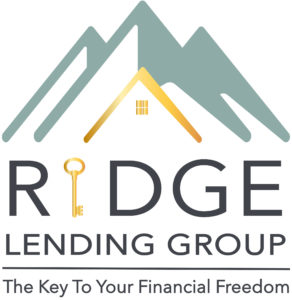Let’s unravel the concept of house hacking—a dynamic real estate investment strategy that is reshaping the way investors approach homeownership and income generation. In this edition, we’ll dive deep into what house hacking entails and explore how non-owner occupied financing plays a pivotal role in turning this strategy into a lucrative venture.
At its core, house hacking is a strategic approach to real estate investment where you leverage a multifamily property to live in one unit while renting out the others. This unique arrangement allows you to generate rental income, oftentimes covering or exceeding your mortgage expenses, turning your residence into a cash-flow-positive investment.
The Art of House Hacking: Strategies for Success
1. Multifamily Magic: House hacking starts with choosing the right property. Multifamily units such as duplexes, triplexes, or quadplexes are ideal, as they allow you to live in one unit while renting out the others. This setup not only provides immediate rental income but also covers or exceeds your mortgage expenses.
2. Financing Your Vision: Owner occupied financing is the linchpin of successful house hacking. Unlike traditional investment property mortgages, these financing options are tailored for primary residence properties and double as an investment. They often come with more favorable terms, including higher loan-to-value ratios and lower interest rates, enabling you to optimize your cash flow.
3. Diversification Strategies: Don’t limit yourself to a single property type. Explore the diverse opportunities available in the market. From residential properties to mixed-use buildings, the key is to diversify your portfolio strategically. This way, you can spread risk and enhance the stability of your investment.
4. Maximizing Cash Flow: House hacking isn’t just about breaking even; it’s about maximizing your cash flow. Carefully evaluate rental markets, set competitive rental rates, and implement cost-effective property management strategies (or better yet, learn the role of PM and self-manage to save on that expense- OR pay yourself the fee) to ensure a positive cash flow that can be reinvested or used to accelerate mortgage paydown.
5. Property Management Mastery: Successful house hacking requires effective property management. Establish clear guidelines for your tenants, and consider leveraging technology for streamlined processes. Professional property management services can also be enlisted to handle the day-to-day responsibilities, freeing up your time for strategic decision-making.
6. Scalability and Growth: As you gain experience, think about scalability. House hacking can be a stepping stone to building a larger real estate portfolio. Consider refinancing or leveraging the equity in your properties to fund additional investments, gradually expanding your real estate empire.
Unlocking the Full Potential: Your Path to Financial Freedom
In essence, house hacking is more than a real estate investment strategy—it’s a dynamic approach to reshaping your living situation, building equity, and creating a sustainable income stream.


